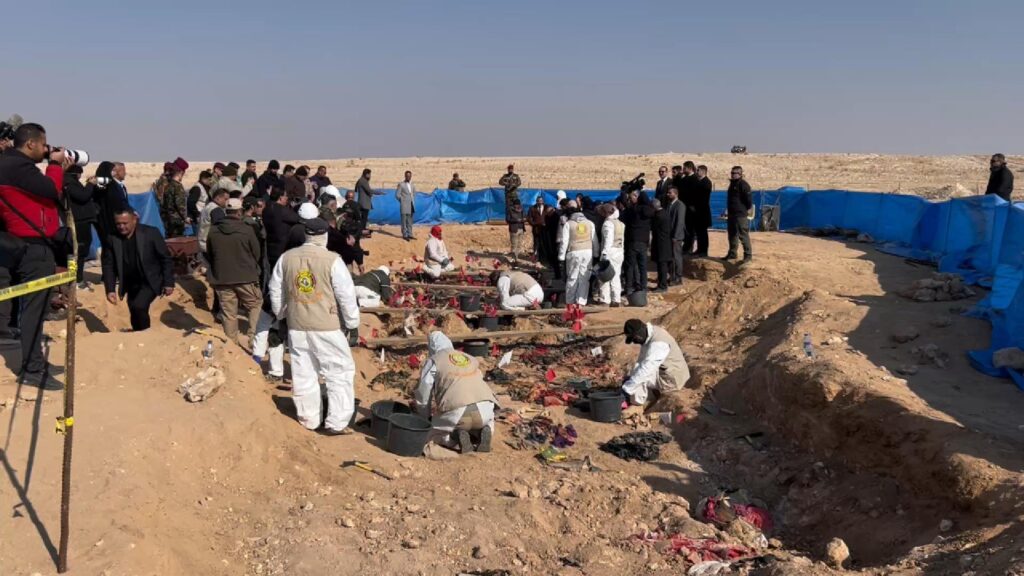S-400 purchase is a done deal, says Turkey’s foreign minister

The United States Congress and President Donald Trump have “made some very strange statements” about Turkey’s decision to buy the Russian system, Cavusoglu noted. “But they can say whatever they want. The Republic of Turkey has signed a deal with Russia and this deal will be implemented and the systems will be delivered to Turkey.”
Washington objects to Turkey, a NATO member, making such a key purchase of Russian equipment. The US is reconsidering selling F-35 fighter jets to Turkey because of potential security risks.
Cavusoglu said that parts of the S-400 are already being manufactured in Turkey.
The two foreign ministers met ahead of a summit between their respective presidents. Ties between the countries have markedly improved since Turkey shot down a Russian fighter jet in 2015.
“Russia-Turkey relations are developing ever better with each passing year,” said Lavrov. Trade between them grew by 14 percent over the past year and their longterm goal is to reach $100 billion in trade annually, Cavusoglu detailed.
In April they will launch a year of Russia-Turkey cultural exchange aimed at boosting tourism.
Cavusoglu and Lavrov also discussed the situation in Syria. Turkey and Russia, along with Iran, are leading global efforts to find a resolution to the Syrian conflict under the Astana process. The United States is in the midst of withdrawing most of its troops from the ground in northern Syria, planning to leave behind 200 in the Kurdish north and another 200 in the At Tanf base on the southern border with Iraq and Jordan.
The Turkish foreign minister reiterated his country’s concerns that, as the Americans withdraw, “We need to prevent the creation of a vacuum that could be filled by terrorism.”
Turkey considers Kurdish forces in northern Syria, the People’s Protection Units (YPG) and their umbrella Syrian Democratic Forces (SDF), as terror groups with ties to the Kurdistan Workers’ Party (PKK). The YPG and SDF have been key US allies in the war against the Islamic State (ISIS). The US Department of Defense armed the SDF as they battled militants in northern Syria.
“The US has been cooperating with terrorists there,” said Cavusoglu. “They said they were going to take back the arms from the terrorists. Now they say they cannot take the weapons back. The terrorist organizations have some of the weapons and the presence of these organizations close to Turkey violates the security of Turkey as a country.”
Turkish President Recep Tayyip Erdogan and Trump both support establishing a safe zone along the Syria-Turkey border, though there are few details of what such scheme would look like. US Syrian envoy James Jeffrey said this week the proposed safe zone, which would encompass populated urban centres and prime agricultural lands, would not include any YPG forces.
Cavusoglu complained that the US has yet to develop “any kind of strategy in Syria” after Trump announced the withdrawal in December.
Lavrov, whose government has propped up the Syrian regime of Bashar al-Assad for years, said northern Syrian territories now being governed by a local Kurdish-led administration, “need to be returned to the people that have been living there historically.”
He also implied the Kurds must be included in talks about their lands.
“The borders between these countries have been discussed a lot. If any of the interested parties are excluded from the discussion, this would be wrong,” he said.

